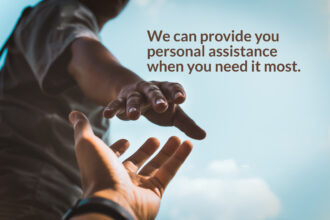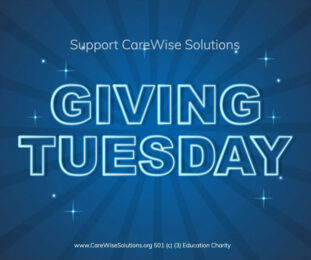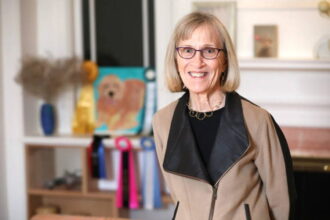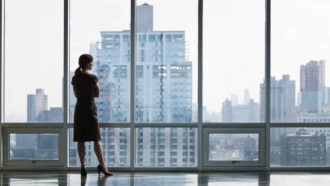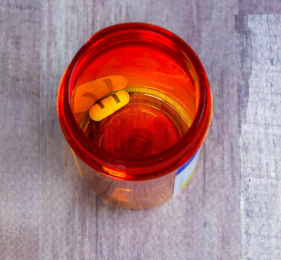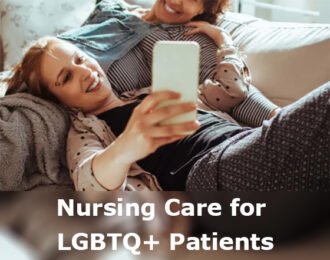Queen Latifah On Being Her Mom’s Caregiver: ‘I Would Just Want to Fall Apart’

By Serena Coady for SELF, Feb 25, 2022, Updated March 1, 2022
The star will appear in an upcoming documentary about interstitial lung disease, the illness that took her mother’s life.
Queen Latifah has never been the type to stay in one lane. With magnetic performances in Girls Trip, Chicago, and Beauty Shop, a starring role on CBS crime drama The Equalizer (for which she is also an executive producer), and numerous Grammy Awards for her pioneering rap records in the ’90s, the 51-year-old is one of Hollywood’s most talented multi-hyphenates.
On top of her work in entertainment, she’s also held the role of caregiver. In 2018, Latifah lost her beloved mother, Rita Owens, to interstitial lung disease (ILD). The disease causes progressive, irreversible scarring of the lungs that can lead to life-threatening health issues like high blood pressure in the lungs, right-sided heart failure, and respiratory failure, according to the Mayo Clinic. The prevalence of ILD in the U.S. is 67.2 cases per 100,000 women and 80.9 cases per 100,000 men. This makes it slightly more common than lung cancer in the U.S. (which has a prevalence of 60 cases per 100,000 women, according to the CDC).
Now, Latifah is set to appear in Beyond Breathless, a new documentary that explores the experiences and challenges of the people, caregivers, and medical professionals facing this lung disease. Ahead of the documentary’s Sunday screening on A&E at 12 p.m. E.T., SELF sat down with Latifah to learn about her experiences as a caregiver, her thoughts on self care, and the larger-than-life figure that was her mom.
SELF: Hi, Queen! It’s so wonderful to speak. Thank you for your time. I understand Beyond Breathless is really personal for you, as you lost your mom to ILD. You’ve said before that she was the love of your life. What was she like?
Queen Latifah: She really was the love of my life. My first love. She loved me. She supported everything I did and wanted to try. She actually introduced me to the DJ who would become my first producer, and to some of my friends who would become my rap buddies—from Apache to Shakim to Ramsey to Latee. She was part of my management company. She always made sure we saved money and were okay when we went on the road. She was the wind beneath our wings. She believed we could accomplish anything we put our minds to. She supported us.
Your mom sounds like an absolute legend.
She really is. And I’m not the only one with this story—there are many lives she intervened in and changed the trajectory of, in a positive way. She was a very special person. She was funny, stylish, fly, cool, and beautiful too. You know, she’s the kind of teacher you would want.
When she was facing ILD, you were her caregiver. How did you take care of yourself during this time?
It was tough, I’m not going to lie. I was working a lot, as I always am. I think it was important to take a break sometimes. Take a hike. Take a walk. And try to get some sleep. You know, just escape a little bit. Just watch something on TV, like some sci-fi. Mom and I would do that together. Or even get a massage, get some reflexology. Massage was important to us. I would give my mother massages. We had a massage table in the house, and so I would just give my mom a foot rub, or just a full-body massage.
That’s so lovely.
Even if you’re spending $20 or $30 in yourself, it’s worth it. Even if you want to get your nails done or your hair done. Or for the guys who are caregivers, go hang out with your boys. Go catch a movie. Do something that takes you away and makes you happy—something that gives your mind a break and your spirit a break, and allows you to refresh yourself so that you can come back to this real situation with a fresh mind and a positive attitude.
We’re the caregivers, and we go through a lot, but the patient is going through a lot more. Any time I would get down on myself—sometimes I would just want to fall apart—I would think, my mom is the one fighting this. But she would just crack these jokes out of nowhere. She would be in the hospital and would strike up a conversation with the kid who is coming in to mop the floors. And before you know it, this kid goes from head down, hands sagging, to his head up in the air, chest higher, and his pants pulled up. She has a conversation with this young man who now believes he can accomplish his goals in life. She could do some amazing things.
We appreciated being able to be helpful to her, but we knew we had to be able to take care of ourselves too. Because we’re in it: We’re in it with the people we love, and we want to have a positive outlook. We’re in for this fight, for them.
Do you think there’s enough support for caregivers?
I don’t think there can ever be enough. One of the things I’ve been seeing is that family members can be paid to care for their sick family members.
[Editor’s note: It’s true. AARP has a helpful guide that details how family members can apply to be paid for their caregiving work here.]
I think that’s wonderful, because caregiving is a very personal thing. I hope they create more support for caregivers. And I hope people tune in and catch Beyond Breathless on February 27 so that they can get a little glimpse into our lives and see what it was like for us, and maybe make a connection.
